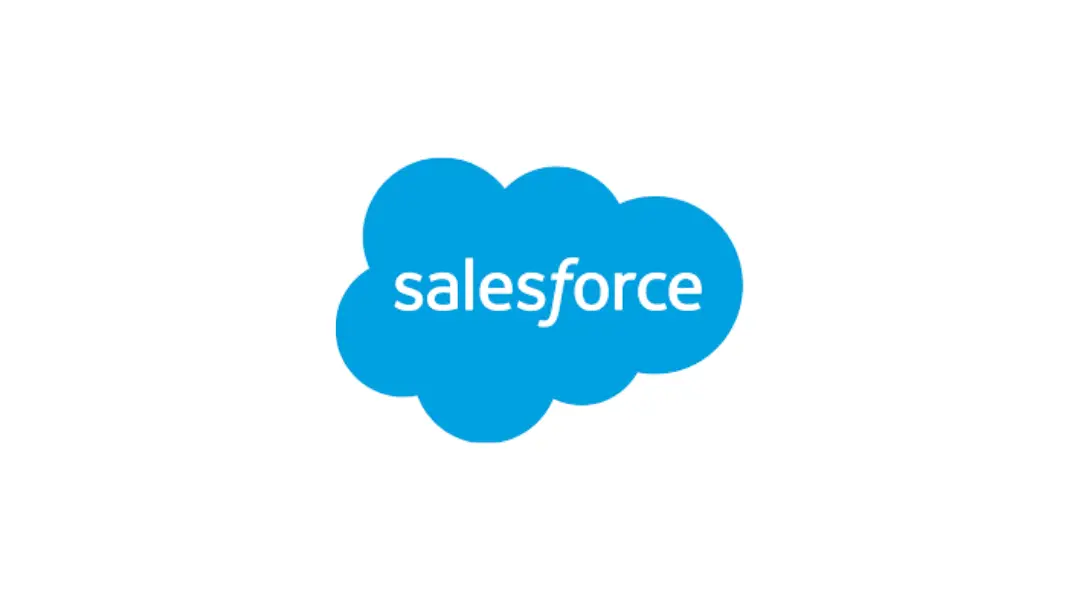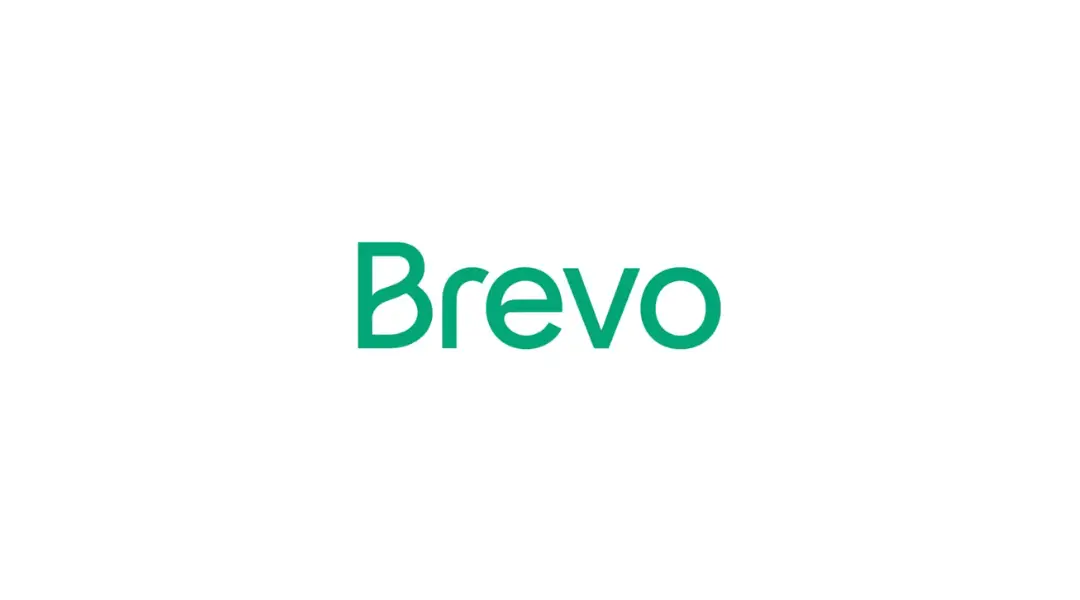Salesforce: A Powerful CRM Platform in 2024
In today’s dynamic business environment, companies strive to harness tools that enhance their operations and foster growth. Salesforce stands out as a leading customer relationship management (CRM) platform, revolutionizing how businesses engage with customers and manage their internal processes. This detailed guide will explore the extensive capabilities of Salesforce, its features, benefits, and how it can be a pivotal asset to your business.
Table of Contents
- What is Salesforce?
- Key Features of Salesforce
- Benefits of Using Salesforce
- Getting Started with Salesforce
- Conclusion
What is Salesforce?
Salesforce is a cloud-based CRM platform that provides businesses with a comprehensive suite of tools to manage customer relationships, sales processes, marketing campaigns, and more. Known for its scalability and robust feature set, Salesforce helps organizations streamline operations, enhance customer experiences, and drive growth.
Key Features of Salesforce
Sales Cloud
Sales Cloud is designed to support sales teams in managing their leads, opportunities, and customer interactions. Key features include:
- Lead Management: Track and manage potential customers from the initial contact through to conversion.
- Opportunity Management: Monitor sales opportunities and stages to optimize the sales process.
- Contact Management: Maintain a comprehensive view of all customer interactions.
- Sales Forecasting: Predict future sales performance with advanced analytics.
Service Cloud
Service Cloud focuses on providing exceptional customer service and support. Features include:
- Case Management: Track and resolve customer issues efficiently.
- Knowledge Base: Create and manage a repository of information to assist customer service agents and customers.
- Omni-Channel Routing: Automatically route customer inquiries to the appropriate service agents.
- Self-Service Portals: Empower customers to find solutions on their own through self-service options.
Marketing Cloud
Marketing Cloud enables businesses to create personalized customer journeys across various channels. Features include:
- Email Marketing: Design and send targeted email campaigns.
- Social Media Marketing: Manage and analyze social media campaigns.
- Customer Journey Mapping: Visualize and optimize the customer journey.
- Marketing Automation: Automate repetitive marketing tasks for efficiency.
Commerce Cloud
Commerce Cloud supports e-commerce businesses in delivering unified shopping experiences across all channels. Features include:
- B2C and B2B Commerce: Tailor experiences for both consumer and business buyers.
- Order Management: Manage orders from multiple channels in one place.
- Personalization: Offer personalized product recommendations and promotions.
- Mobile Commerce: Optimize the shopping experience for mobile devices.
Salesforce Platform
Salesforce Platform allows businesses to build and deploy custom applications. Features include:
- App Builder: Create custom applications with a drag-and-drop interface.
- Lightning Framework: Develop responsive applications using the Lightning framework.
- AppExchange: Access a marketplace of third-party applications and integrations.
- APIs: Integrate Salesforce with other systems and services through APIs.
Salesforce Analytics
Salesforce Analytics, including Tableau CRM, provides advanced data analysis and visualization capabilities. Features include:
- Custom Dashboards: Create interactive dashboards to visualize key metrics.
- Data Integration: Integrate data from multiple sources for comprehensive analysis.
- AI-Powered Insights: Use artificial intelligence to uncover hidden patterns and trends.
- Mobile Access: Access analytics on the go with mobile-friendly dashboards.
Salesforce Einstein
Salesforce Einstein brings artificial intelligence to the Salesforce platform, enhancing decision-making and productivity. Features include:
- Predictive Analytics: Anticipate customer behavior and sales trends.
- Natural Language Processing (NLP): Analyze text data to extract insights.
- Automated Tasks: Automate routine tasks to save time and improve efficiency.
- Smart Recommendations: Provide personalized recommendations to customers and sales teams.
Benefits of Using Salesforce
Unified Customer View
Salesforce provides a 360-degree view of customers, consolidating data from various touchpoints into a single platform. This unified view enables businesses to better understand customer needs and preferences, enhancing customer satisfaction and loyalty.
Scalability
As your business grows, Salesforce scales with you. Its cloud-based architecture allows for seamless expansion, accommodating increasing volumes of data and users without compromising performance.
Customization
Salesforce’s flexibility allows businesses to tailor the platform to their specific needs. Customizable dashboards, workflows, and applications ensure that Salesforce can adapt to various industries and business models.
Automation
Salesforce’s automation capabilities streamline business processes, reducing manual tasks and improving efficiency. Automation tools like Process Builder and Flow help automate complex workflows, ensuring consistency and accuracy.
Integration Capabilities
Salesforce integrates with numerous third-party applications and systems, enhancing its functionality and enabling seamless data flow across your organization. The AppExchange marketplace offers thousands of pre-built integrations to extend Salesforce’s capabilities.
Community Support
Salesforce boasts a large and active community of users, developers, and partners. This community provides extensive resources, including forums, user groups, and events, to help users maximize the platform’s potential.
Getting Started with Salesforce
Sign Up and Set Up Your Account
Begin by creating an account with Salesforce. Follow the setup wizard to configure your account settings, customize your profile, and set up your organization’s structure within Salesforce.
Import Data
Import your existing data into Salesforce to start managing your customer relationships effectively. Salesforce supports data imports from various sources, including spreadsheets and other CRM systems.
Customize Salesforce
Tailor Salesforce to meet your business needs by customizing fields, objects, and workflows. Utilize the drag-and-drop tools to create custom applications and dashboards that align with your processes.
Train Your Team
Ensure your team is well-versed in using Salesforce by providing comprehensive training. Salesforce offers a variety of training resources, including online courses, webinars, and certification programs.
Monitor and Optimize
Regularly monitor your Salesforce implementation to ensure it meets your business objectives. Use the platform’s analytics tools to track performance and identify areas for improvement. Continuously optimize your workflows and processes to enhance efficiency and effectiveness.
Conclusion
Salesforce is a powerful CRM platform that empowers businesses to manage customer relationships, streamline operations, and drive growth. With its extensive suite of features, scalability, and customization options, Salesforce can adapt to the unique needs of any organization. By leveraging Salesforce’s capabilities, businesses can enhance customer satisfaction, improve efficiency, and achieve their strategic goals.






